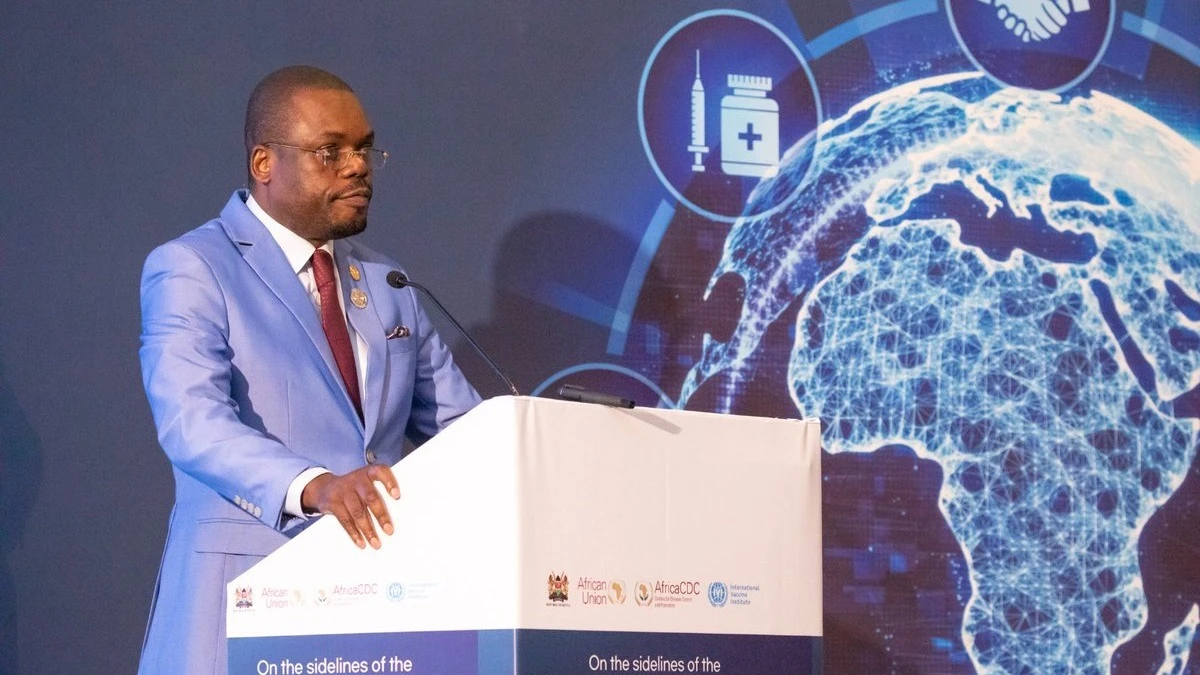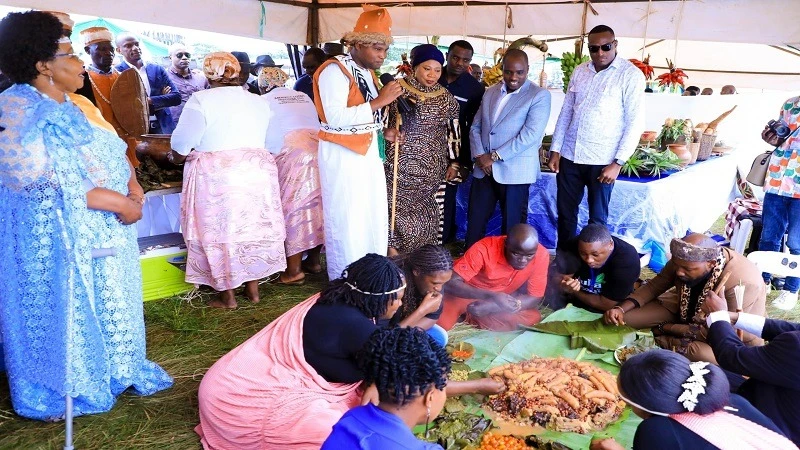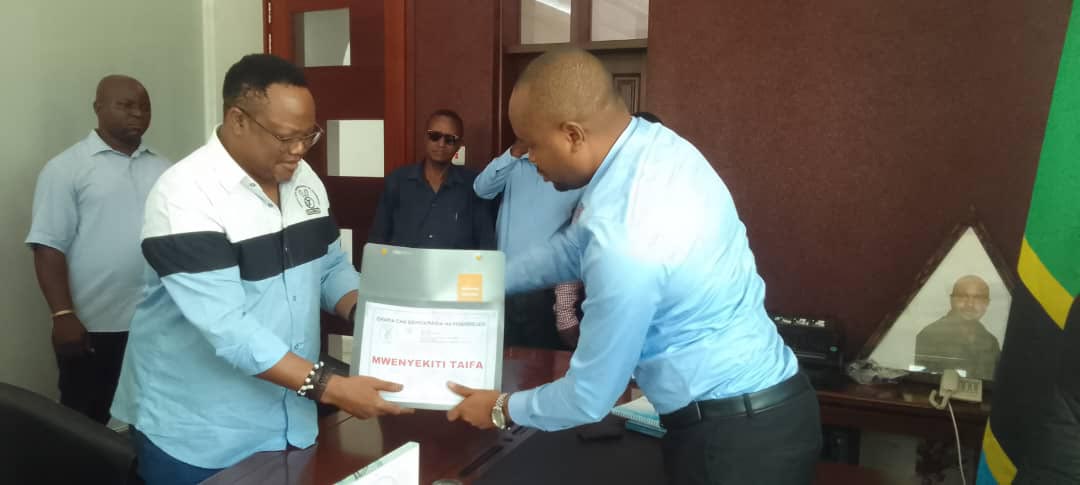Africa CDC sets up $360m community health staff plan

A PLAN for a five year effort drawn up by the Africa Centre for Disease Control (Africa CDC) for Tanzania requires a total of $360m for a phased implementation of a community health workers programme.
Dr James Guwani, head of the Community Health Division at Africa CDC, said at a recent international workshop in Dar es Salaam that this plan is vital to advance the goals of universal health coverage.
The first year is being billed at $40m, a community health acceleration plan, to set out an Integrated and Coordinated Community Health Workers (iCCHW) programme to scale up coordinated community health worker programmes.
This is needed for a nationwide coverage of life-saving interventions, seeking to end preventable maternal and child deaths by 2030, he said, speaking of the mooted plan that runs from 2024 to 2028.
The plan has the blessings of the specific Health ministries of the Union and Zanzibar, along with the President’s Office (Regional Administration and Local Governments).
Dr Ntuli Kapologwe, the ministerial director of preventive services, said that iCCHW is a top priority in current transformation plans, part of the country’s vision of a healthy society with improved maternal, newborn, and child health, better nutrition and sanitation, and a reduction in non-communicable diseases (NCDs).
This will, in turn, contribute to individual and national development, he said, pointing out that health financing should be broad, including issues like universal health coverage, which currently stands below the 66 percent average.
To address this, effective integration and coordination of community health workers (CHWs) is essential, he said, appealing for the use of advocacy tools to attract donors and secure additional funding.
“Learning from successful models and the progress made in Zanzibar can enhance resource mobilization efforts,” he said, noting that a system-focused strategy, rather than a disease-focused approach, would help avoid fragmentation.
Dr Barnabas Yeboah, a community health specialist at Africa CDC, called for institutionalizing, integrating and sustaining community health programs. He emphasized the importance of political commitment and leadership at global, continental and national levels.
“There is a need for structured support and sustainable financing to maintain effective community health initiatives,” he said, focusing.in key recommendations to sustain and consolidate the gains achieved through the implementation of the plan.
“In Tanzania, high-level advocacy meetings with government and funding agencies, both new and existing, should be held to mobilize resources for the community health acceleration plan,’ he urged.
The specialist demanded formulation of an investment case for donor agencies and the private sector to guide resource mobilization and advocacy efforts, including resource mapping to support the Integrated and Coordinated CHW Program.
Fast-tracking the rollout of community health worker training for the first three clusters of 28,000 CHWs in ten priority regions must be prioritized, he said, pointing at the need to revise their work package and training curriculum, to align with the national roadmap and priorities.
Dr Salim Slim, the preventive services and health education director for the Zanzibar Health ministry said that Zanzibar has a training programme for 3,000 community health workers, to which it needs to add high-level advocacy engagements to mobilize resources for CHW kits before the first cohort graduates.
The 3,000 trained CHWs will need to be deployed across Zanzibar upon completing their training, he said, noting that community health workers are key to addressing the shortage of healthcare workers.
“CHWs have been instrumental in advancing antenatal care, and Zanzibar is now measles-free, thanks to their dedicated efforts. The first case of measles in Zanzibar was identified by a CHW, highlighting their critical role in disease detection, prevention, and response. We provide each CHW with the tools to reach 100 community members,” he added.
Top Headlines
© 2024 IPPMEDIA.COM. ALL RIGHTS RESERVED






















